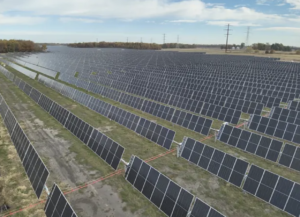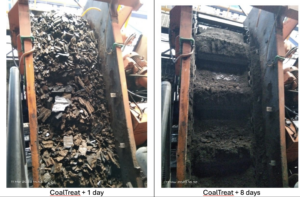The Environmental Protection Agency (EPA) will issue revised Mercury and Air Toxics Standards (MATS) and legally required cost-benefit analyses by April 15, 2016, court documents show.
In an Aug. 10 motion filed with the D.C. Circuit for White Stallion Energy Center v. EPA (12-1100), the EPA said it intends to seek remand without vacatur (which would leave the rule in effect for now) to address the Supreme Court’s “limited holding” in Michigan v. EPA that requires the agency to complete cost considerations.
The agency declared it plans to complete cost considerations before April 15, 2016. Yet while it noted that the Supreme Court “explicitly declined to limit the EPA’s discretion as to how to consider costs,” the agency said it has not yet decided how it will do so.
However, it said that existing, extensive documentation associated with the cost of compliance with the rule—such as the Regulatory Impact Analysis for the final MATS rule—indicates that the EPA can “meet an ambitious schedule on remand.”
The EPA’s motion is a response opposing an emergency motion filed by Tri-State Generation on July 31 in that urges the court to suspend, by September 2015, one of the MATS compliance obligations for its 110-MW Nucla Station in Colorado in light of the Supreme Court’s decision.
The Supreme Court’s pivotal June 2015 decision reversed the D.C. Circuit’s ruling regarding the “appropriate and necessary” finding by the EPA under Section 7412(n)(1)(A) of the Clean Air Act. The high court held that the EPA interpreted the section unreasonably when it deemed cost irrelevant to the decision to regulate power plants—and sent the case back to the D.C. Circuit.
The D.C. Circuit must decide whether requirements of the final MATS rule will remain in effect during the remand. However, that has created uncertainty for the nation’s power plants, which received one-year compliance extensions to meet the rule’s requirements by April 16, 2016.
Echoing many power generators, Tri-State said in its emergency motion that under MATS, it must decide by Sept. 1, 2015, whether to retire the Nucla Station or spend “millions of dollars to meet this one emission limit by installing a new pollution control device that is not economically justified, given the small size of the plant and the fact that it operates infrequently.”
In its response, the EPA called for Tri-State’s motion to be denied, arguing “neither Tri-State’s alleged dilemma nor the Michigan decision provide a basis for the unusual relief that Tri-State seeks.”
—Sonal Patel, associate editor (@POWERmagazine, @sonalcpatel)










